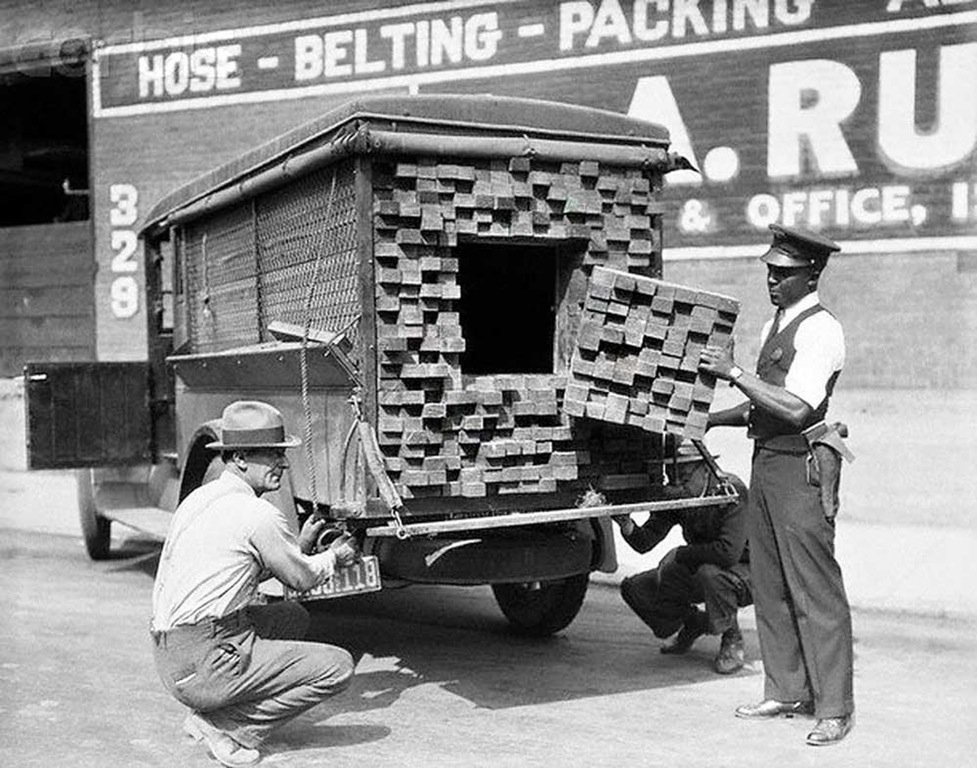- calendar_month January 17, 2024
In the annals of American history, the era of Prohibition stands as a testament to a unique chapter marked by rebellion, clandestine operations, and the rise of bootleggers. The prohibition of alcohol from 1920 to 1933 in the United States gave birth to a shadowy world where illegal liquor flowed, speakeasies thrived, and a breed of outlaws, known as bootleggers, became legends.
The Prohibition Era: A Shift in America's Social Fabric
The 18th Amendment to the U.S. Constitution, which imposed a nationwide ban on the production, sale, and transportation of alcoholic beverages, aimed to curb social issues associated with excessive drinking. However, it birthed unintended consequences that reshaped American society.
Enter the Bootleggers
Bootleggers, the underground entrepreneurs of the Prohibition era, seized the opportunity presented by the ban on alcohol. They clandestinely manufactured, smuggled, and distributed illicit liquor, evading law enforcement and capitalizing on the nation's thirst for spirits.
Speakeasies: Hidden Hotspots of Vice
Speakeasies, covert establishments that clandestinely served alcohol, became the hubs of nightlife during Prohibition. Run by bootleggers, these secret venues catered to patrons seeking to flout the law and revel in the forbidden pleasures of alcohol.
The Notorious Figures
Names like Al Capone, George Remus, and others rose to infamy as prominent bootleggers. They orchestrated vast illegal networks, amassed fortunes, and carved their places in history as emblematic figures of defiance against the Prohibition laws.
Ingenious Methods of Smuggling
Bootleggers employed innovative methods to smuggle alcohol, including hidden compartments in vehicles, secret tunnels, and maritime routes. Some even distilled their own alcohol, risking quality and safety for profit.
The End of Prohibition and Legacy
The repeal of Prohibition in 1933 marked the end of the bootlegging era. While it brought an end to the ban on alcohol, the legacy of bootleggers and their daring exploits remains embedded in American folklore, cinema, and popular culture.
Lessons from Prohibition
The Prohibition era and the phenomenon of bootlegging serve as a reminder of the complexities of legislating morality and the unintended consequences of prohibiting substances. It highlights the resilience of human ingenuity and the blurred lines between legality and societal norms.
Bootleggers in the Tapestry of History
The era of bootlegging, born out of defiance and necessity, left an indelible mark on American history. While it's a chapter filled with tales of rebellion and illicit activity, it also represents a period of societal change, sparking discussions about the limitations of legislation and the allure of forbidden fruit.
As we reflect on this turbulent yet fascinating period, the legacy of bootleggers and Prohibition continues to captivate the imagination, serving as a reminder of the intricate relationship between law, culture, and human behavior.

